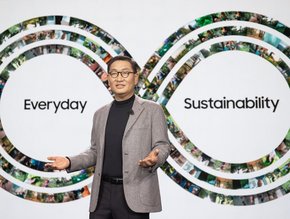Singapore family businesses lag on digital transformation

PwC research finds confidence high for Singapore family businesses in 2021, but nearly three quarters say digital capabilities not strong
Singapore family businesses are optimistic about business getting back on track over the next two years, with 64% expecting growth this year, and 90% in 2022, according to new research by PwC.
PwC’s Global Family Business Survey 2021, which surveyed 80 family business leaders and decision makers in Singapore, revealed that nearly three-quarters (73%) of family businesses are prioritising expansion into new markets or client segments.
Digital capabilities not strong
However, despite digital being on the business agenda in recent years, and even more so since the onset of the pandemic, just 29% of Singapore family businesses say their digital capabilities are strong.
“It is a concern that Singapore family businesses still lag behind the digital curve,” says PwC Singapore’s Asia Pacific Leader for Entrepreneurial and Private Business, Ng Siew Quan, pointing to key reasons for this being the high costs of implementation, inadequate internal digital infrastructure and the skills shortage.
“Family businesses can consider tapping on the Next Gens’ fresh perspectives to develop a sustainable digital transformation strategy, or a business strategy that is fit for the digital age.”
Importantly however, over half of Singapore family businesses are focusing on rethinking, changing or adapting their business models (56%) and improving their digital capabilities (54%) in the next two years, signalling that transformation efforts will continue to gain momentum among Singapore family businesses as they adapt to the changing world.
Social impact and sustainability
When asked about creating a social impact, more than half (55%) of the Singapore family businesses surveyed indicated that they give back by contributing to their local community.
And, while nearly half (46%) see an opportunity to lead the way in sustainable business practices, it’s only around a third (35%) that have developed or communicated their sustainability strategy.
When it comes to corporate social responsibility, this is indicative that family businesses are still catching up with establishing their sustainability agenda in the midst of protecting their core business during this disruption.
According to Ng Siew Quan, the survey results this year aren’t much different from findings in previous years, indicating notably perhaps that “family businesses aren’t thinking much differently despite the world of business being set upside down by the pandemic”.
He concludes: “It’s time for sustainability transformation to take centre stage, even as local family businesses keep their focus on diversification, expansion and digitalisation.”






